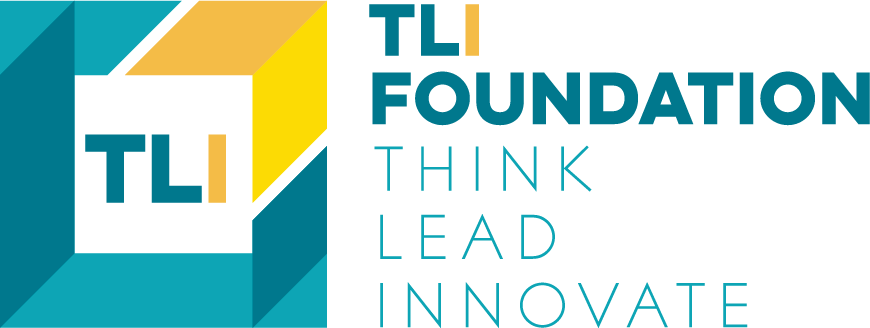The Perfect Use Case for Artificial Intelligence (AI) in Medicine: Enhancing Healthcare for Autistic Patients
The New York Times recently published an opinion piece, “The Robot Doctor Will See You Now,” with a compelling perspective on how the combined “abilities of doctors and A.I. would be the best of both worlds, leading to more accurate diagnoses and more efficient care.” The article’s authors, Pranav Rajpurkar and Eric J. Topol, then share a series of studies that begin to paint a picture of what an effective AI-physician partnership could look like -- with AI doing the heavy lifting on reviewing, assessing and prioritizing information relative to a patient’s case, and physicians leveraging AI’s output to do what they do best – interacting with patients, making decisions and treating.
For those of us dedicated to improving the healthcare outcomes for autistic patients, it is hard to imagine a better use case for the power of AI to improve health outcomes than the complex and often chaotic world of treating the many comorbidities that autistic patients live with. TLI launched The Autism Knowledge Gateway (AKG) as a first step towards addressing these complex needs, but the vision set out by Rajpurkar and Topol is a reminder of AI’s ever-changing promise and what we need to do on the way to achieving its real benefits.
AKG Demonstrates Value of AI in Healthcare
AI’s integration into healthcare presents both opportunities and challenges. While AI has demonstrated impressive accuracy in diagnosis, its collaboration with physicians has yet to reach its full potential. Despite AI’s capabilities, physician skepticism remains a key barrier. The MIT-Harvard study cited in the article suggests that doctors tend to undervalue AI recommendations, even when they are statistically more accurate. The real challenge is ensuring that physicians trust and effectively utilize these tools.
The AKG provides a concrete example of how AI can enhance, rather than replace, physician expertise in autism care. By consolidating vast amounts of diagnostic data and treatment information, AI-driven insights empower doctors to make better-informed decisions while preserving the human connection that is essential in patient care.
Potential for AI in Autism
The introduction of AKG highlights the greatest potential for AI in autism care and potentially, for other health conditions. AI has the unique ability to detect patterns and correlations across vast datasets, something even the most skilled physicians may struggle to do at scale. AI-driven insights can help identify emerging trends, predict patient needs and optimize treatment approaches. Emerging artificial general intelligence (AGI) could further this capability by understanding and adapting to the nuances of individual patient profiles, providing a level of personalization previously unattainable in traditional healthcare models.
By integrating AI into autism care in a way that complements clinical expertise, AKG is addressing these concerns head-on—demonstrating that AI is not here to replace doctors, but to make them better at what they do.
What Needs to Happen Next
AI’s impact on healthcare is undeniable, but its success relies on collaboration. To fully realize AI’s benefits in autism care, we must go beyond awareness—we must act. Physicians, researchers and technology leaders must come together to ensure that AI-driven insights are not only trusted but actively used to improve patient care.
We are fiercely advocating for a population with serious unmet needs, and we need support to stay on the cutting edge of the technology that can make it all happen. The Autism Knowledge Gateway is at the forefront of this revolution, but we cannot do it alone. We need a technology leader to stand with us, demonstrating the power of their AI while supporting this critical mission.
As Rajpurkar and Topol conclude in their article, “The promise for patients is obvious: fewer bottlenecks, shorter waits and potentially better outcomes. For doctors, there’s potential for A.I. to alleviate the routine burdens so that health care might become more accurate, efficient and—paradoxically—more human.”
The AKG embodies this potential by ensuring that AI serves as a force multiplier for compassionate, effective and personalized care.
Join Us in Supporting the Autism Knowledge Gateway
The AKG is more than a resource; it is a rallying point for anyone passionate about advancing autism care. Whether you’re a parent, clinician, researcher or advocate, there are countless ways to contribute to the Gateway’s success.
To learn more about accessing the AKG or supporting this initiative, contact us. Together, we can ensure that every autistic individual receives the compassionate, informed care they deserve.
